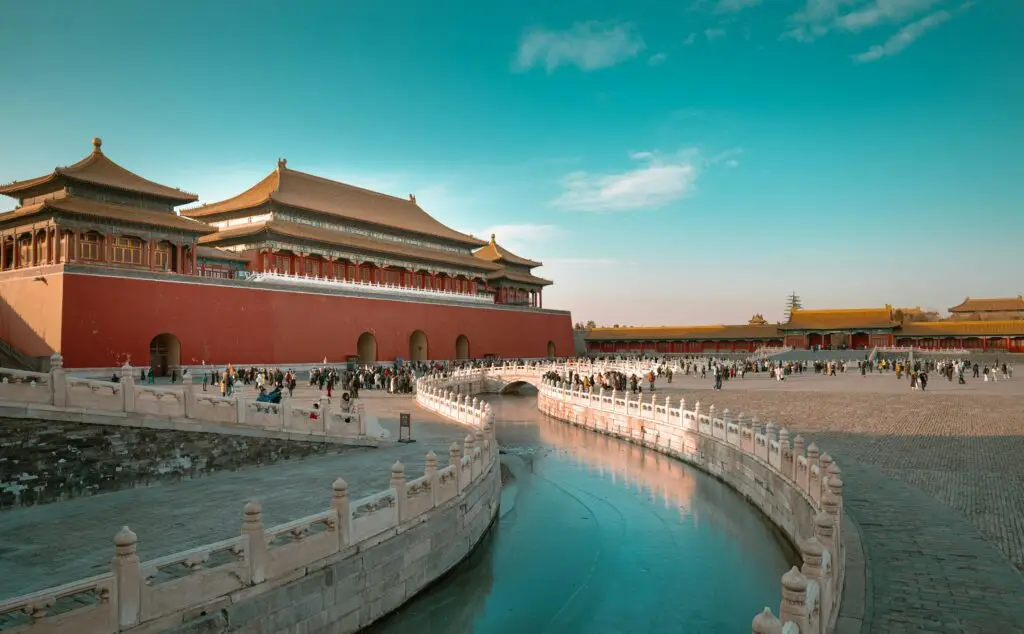I had always heard the old Chinese saying: “Above there is heaven, below there are Suzhou and Hangzhou.” But it wasn’t until I set foot in Hangzhou that I understood why this city has inspired poets and painters for centuries.
My journey began at West Lake — the heart and soul of Hangzhou. Early in the morning, the water was like a mirror, reflecting willows swaying in the breeze and distant pagodas emerging from the mist. I rented a small boat, letting the gentle ripples carry me past the iconic Broken Bridge and Su Causeway. It felt as though time had slowed, and I was drifting through a classical Chinese painting.
In the afternoon, I wandered through the tea fields of Longjing Village. The air was filled with the fresh, grassy aroma of new tea leaves, and farmers in wide-brimmed hats worked quietly among the rows. I sat down at a simple tea house overlooking the hills, sipping the famous Longjing tea as sunlight danced across the emerald slopes. It was more than just a drink — it was a taste of Hangzhou’s soul.
Evenings in the city were just as enchanting. I walked along the lakeside as lanterns began to glow, their reflections shimmering on the water. Street performers played traditional instruments, and couples strolled hand in hand. I couldn’t resist stopping at a small restaurant to try Hangzhou’s local specialties — West Lake vinegar fish, Dongpo pork, and sweet lotus root stuffed with glutinous rice. Each dish felt like a story on a plate, rich in flavor and history.
Before leaving, I visited the Leifeng Pagoda, standing proudly over the lake. From the top, I could see the entire city, the lake glistening in the golden light of sunset. It was a view that etched itself into my memory — serene, timeless, and unforgettable.
Hangzhou isn’t just a place to see; it’s a place to feel. It’s in the way the breeze carries the scent of tea leaves, the way the lake mirrors the changing sky, and the way life here flows with quiet grace. I left with the sense that I had touched a piece of living poetry — and a promise to return someday.

